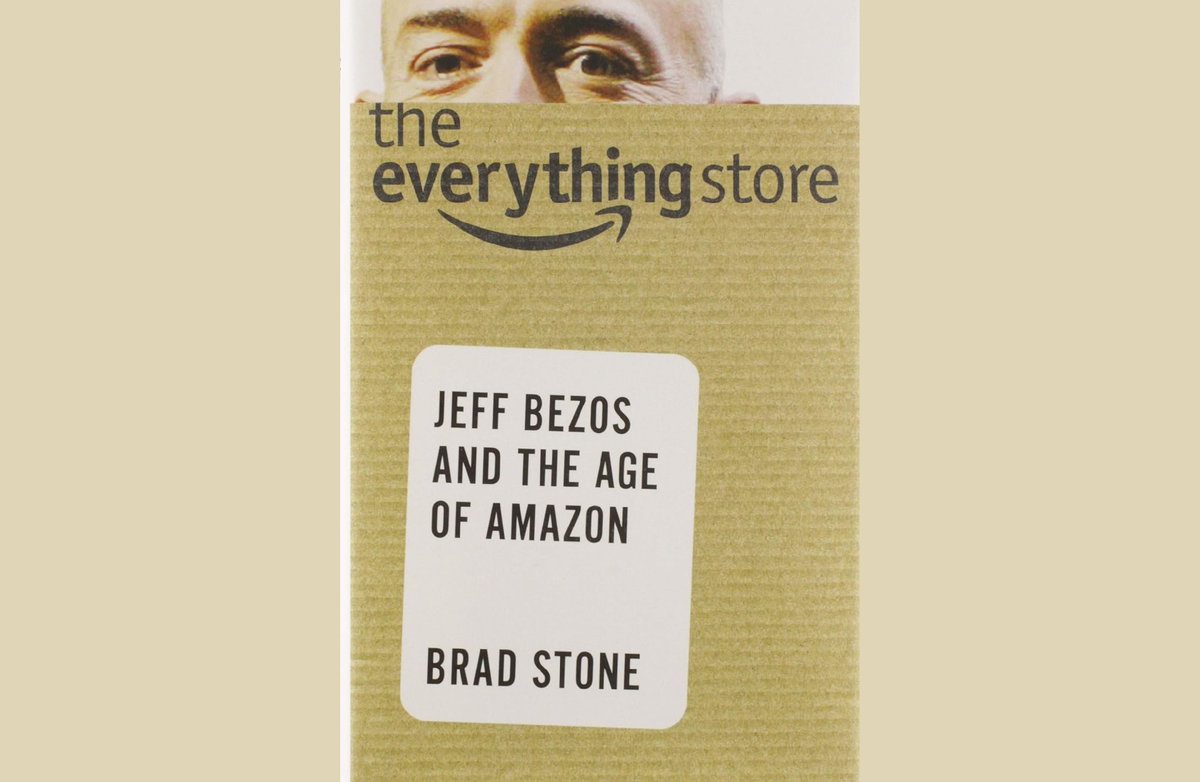Powerful Examples of Building Trust in the Workplace
Discover the art of earning trust in leadership with this insightful blog for entrepreneurs. Learn about active listening, candid communication, and building a trust-centric culture for business success.

The significance of trust in leadership in the entrepreneurial journey cannot be overstated. It is the bedrock upon which successful businesses are built. Amazon's "Earn Trust" principle encapsulates this ethos perfectly. Let's unpack this principle to understand how it can transform your leadership style and business culture.
"A brand for a company is like a reputation for a person. You earn a reputation by trying to do hard things well." Jeff Bezos.

The Power of Active Listening
Engage to Understand, Not Just to Respond
Great leaders are great listeners. Active listening involves fully engaging with the speaker, understanding their message, and thoughtfully responding. It's about valuing the perspectives and insights of your team, which in turn fosters a culture of mutual respect and open communication.
- Example: Amazon's customer feedback system. Amazon actively listens to customer feedback through reviews and ratings. This system provides valuable insights into customer needs and preferences and shows customers that their opinions are valued and can directly influence product offerings and services.
The Art of Candid Communication
Honesty is the Best Policy
Candid communication is about being transparent, honest, and direct, yet respectful. It's about striking a balance between straightforwardness and empathy. When you communicate candidly, you create an atmosphere of trust where team members feel valued and involved.
- Example: Amazon's leadership communications. CEO Jeff Bezos is known for his candid and direct communication style, internally with employees and externally with shareholders. His annual letters to shareholders are a prime example, where he discusses challenges and strategies openly.
Respect: A Non-Negotiable Trait
Empathy and Understanding in Every Interaction
Earning trust requires treating everyone with respect. This means valuing diverse viewpoints, acknowledging the efforts of others, and maintaining a supportive and positive environment. Respect in interactions isn’t just polite; it’s critical for building lasting relationships.
- Example: Amazon's diverse workforce. Amazon's commitment to diversity and inclusivity demonstrates respect for different perspectives and backgrounds. This respect is not just about compliance but is woven into the company's culture and policies.
Embracing Vulnerability: Being Vocally Self-Critical
Admit Mistakes, Foster Growth
Leaders who openly acknowledge their mistakes demonstrate humility and accountability. This earns respect and sets a tone for the team, creating a safe space for learning and innovation.
- Example: Acknowledging the failure of the Fire Phone. Amazon openly admitted that the Fire Phone was a failure, with Bezos acknowledging the company’s missteps in this venture. This transparency about failures demonstrates a willingness to learn and improve.
Consistency: The Trust Glue
Align Actions with Words
Trust is reinforced when actions and words go hand in hand. Consistency in your decisions, following through on commitments, and living your company's values are crucial to establishing trust.
- Example: Consistent customer focus. Amazon has maintained a consistent focus on customer service since its inception. This consistency is evident in its return policies, customer service responsiveness, and continuous innovation based on customer needs.
Cultivating Open Dialogue
Encourage Expression, Embrace Feedback
Creating an environment where team members feel safe to voice their opinions fosters trust. Encourage open dialogue, and show that you value and consider their feedback in decision-making.
Leading with Empathy
Connect on a Deeper Level
Empathy in leadership is about understanding and sharing the feelings of others. It helps build deeper connections, leading to a more cohesive and motivated team.
- Example: Internal Feedback Mechanisms. Amazon has various internal platforms like employee forums and direct channels for feedback. These platforms encourage employees to voice their opinions and concerns, fostering an open and transparent internal communication culture.
Establishing Credibility
Expertise and Knowledge as Trust Pillars
Trust is also built through expertise and credibility. Staying informed and demonstrating a deep understanding of your business instills confidence in your team.
- Example: Response to COVID-19. Amazon's response to the COVID-19 pandemic, including employee safety measures, additional hiring to manage increased demand, and extended sick leave policies, reflected an empathetic approach to the challenges employees face.
In Conclusion
For entrepreneurs, building trust is not just a leadership strategy; it's a fundamental business practice. By actively listening, communicating candidly, treating others with respect, being self-critical, consistent, open, empathetic, and credible, you lay the foundation for a trust-centric culture. This approach not only enhances team dynamics but also drives business success.
Remember, in entrepreneurship, trust is the currency that buys loyalty, fosters innovation, and builds enduring success.



